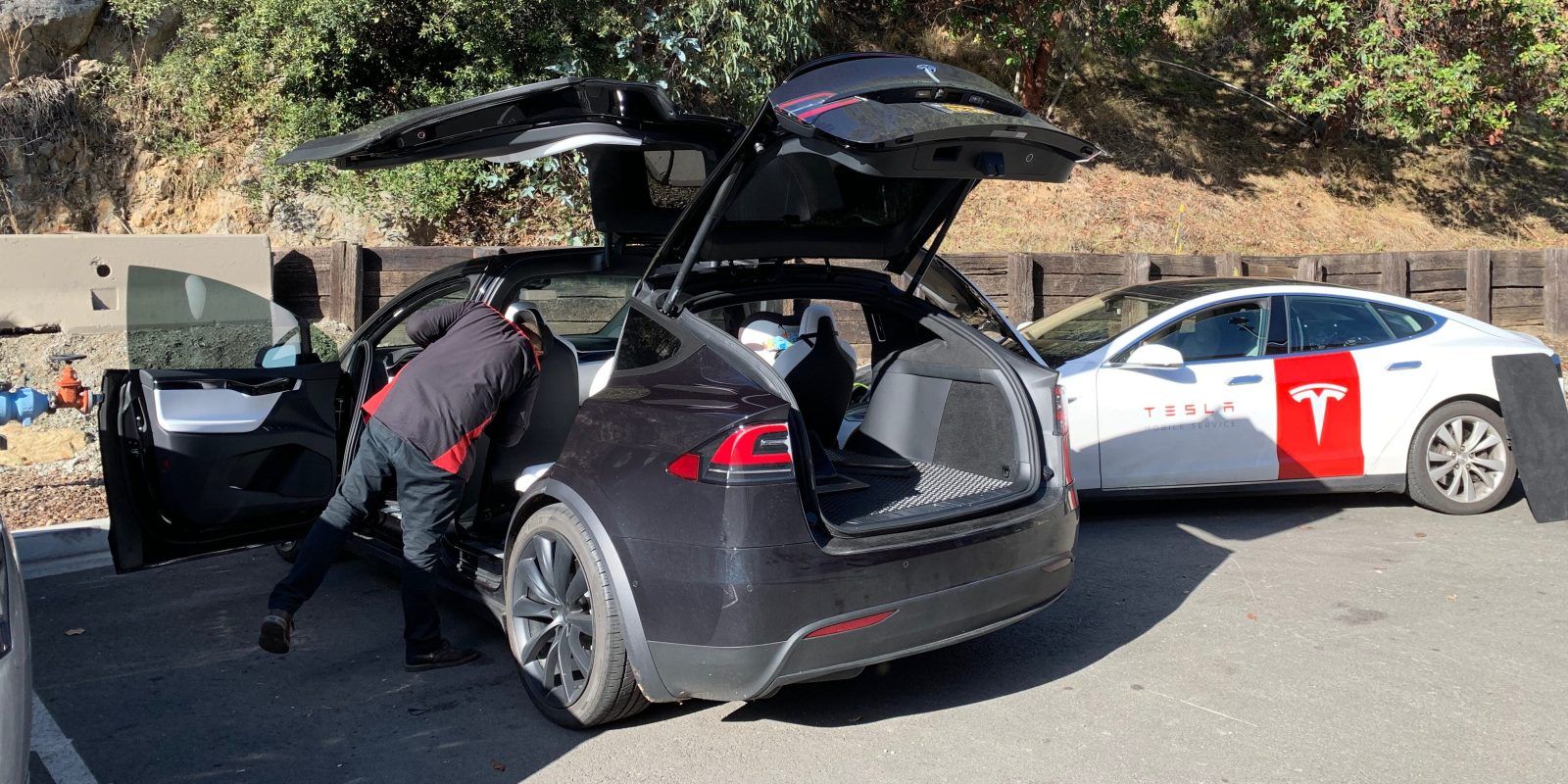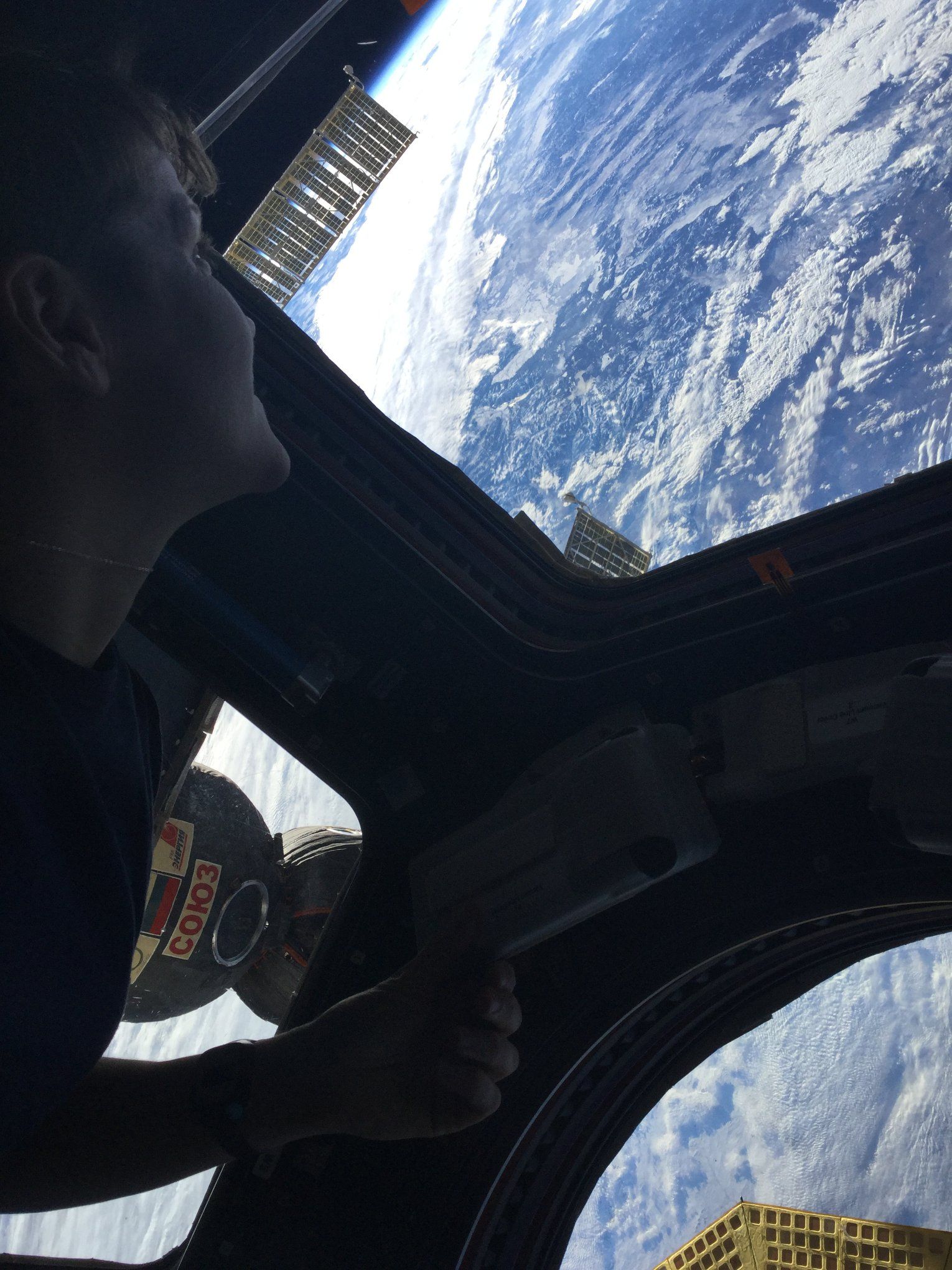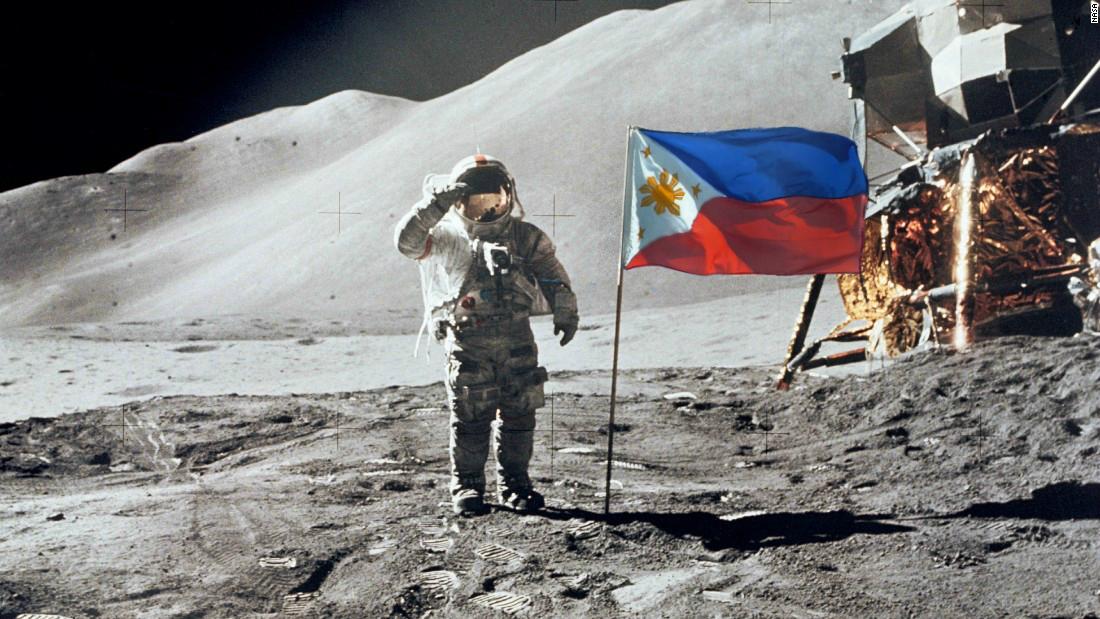A new way to make arrays of nanofibers that gets its inspiration from polar bear fur, lotus leaves, and gecko feet could lead to coatings that are sticky, repellant, insulating, or light emitting.
“This is so removed from anything I’ve ever seen that I would have thought it was impossible,” says Joerg Lahann, a professor of chemical engineering at the University of Michigan and senior author of the paper, which appears in Science.
Polar bear hairs are structured to let light in while keeping heat from escaping. Water-repelling lotus leaves are coated with arrays of microscopic waxy tubules. And the nanoscale hairs on the bottoms of gravity-defying gecko feet get so close to other surfaces that atomic forces of attraction come into play.







